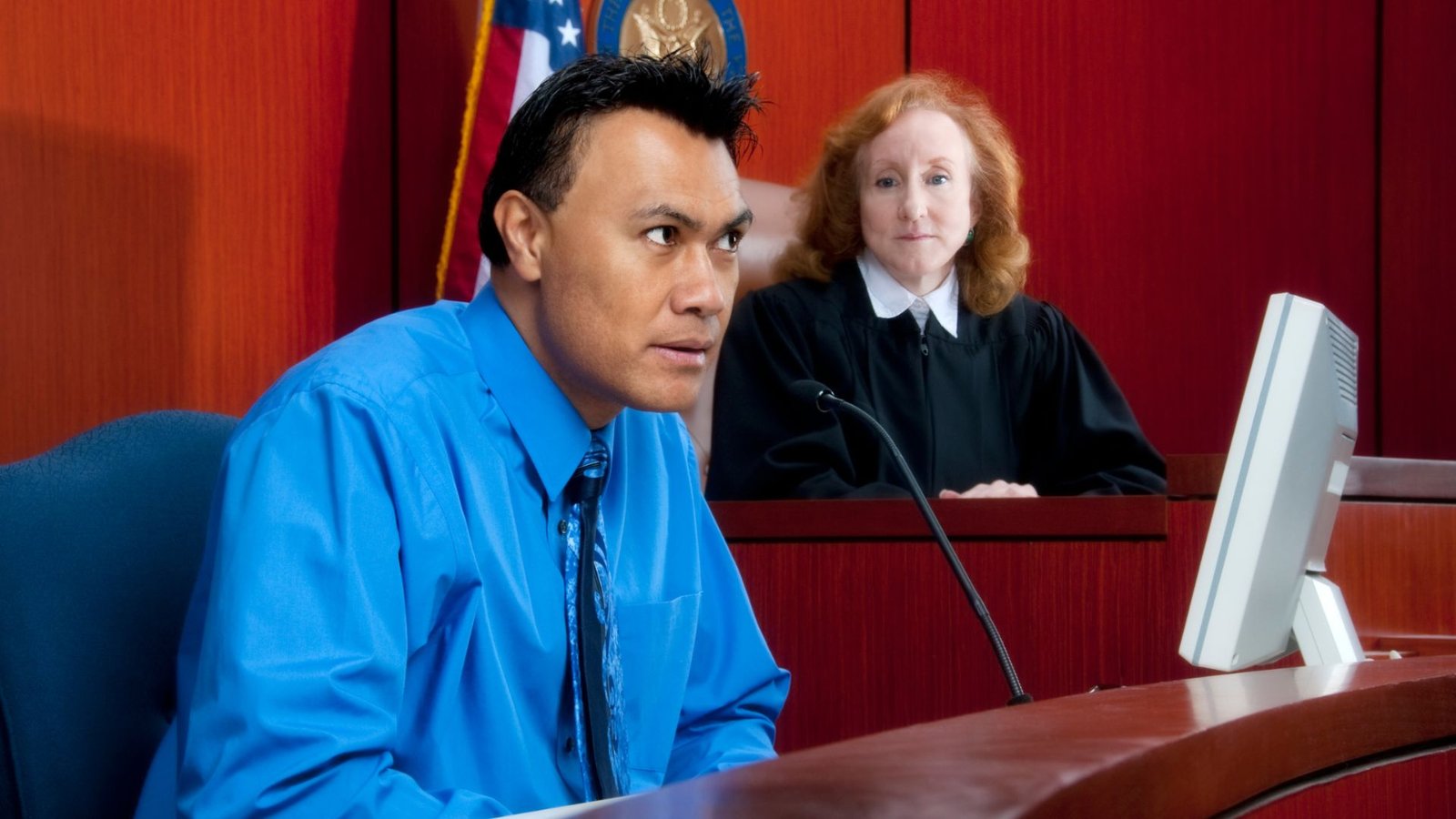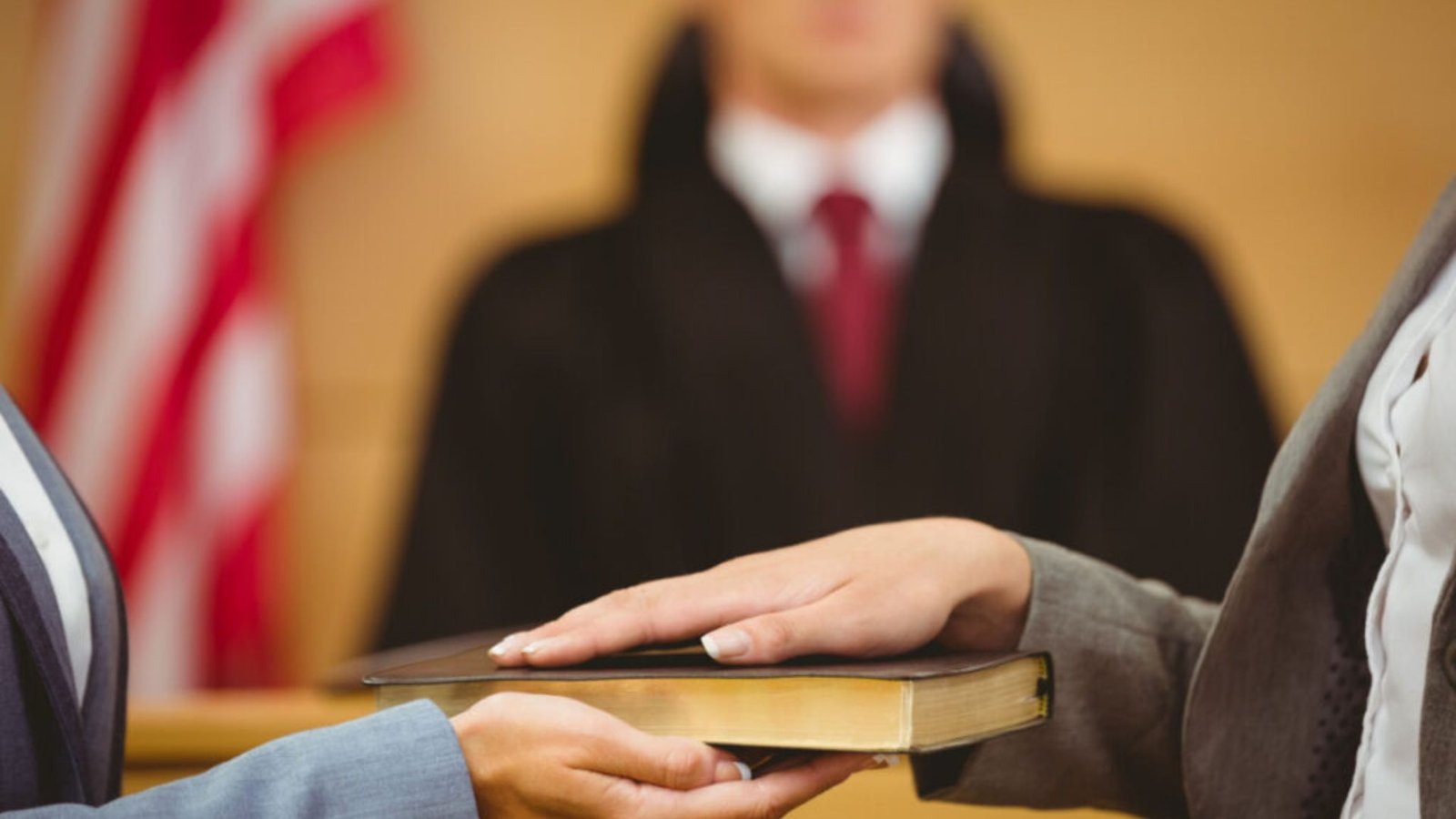Expert witnesses play a crucial role in civil cases, providing specialized knowledge and opinions that can significantly impact the outcome of a trial. Unlike lay witnesses, who can only testify about what they have directly observed, expert witnesses are allowed to offer their professional opinions on matters within their expertise. Their testimony can be vital in helping the judge or jury understand complex issues that are beyond the knowledge of ordinary people. Here’s an exploration of why expert witnesses are so important in civil litigation.

Understanding the Role of Expert Witnesses
Expert witnesses are individuals with specialized knowledge, skills, or experience in a particular field relevant to the case. Their role is to assist the court in understanding complex technical, scientific, medical, or financial matters by providing opinions that are grounded in their expertise.
For example, in a medical malpractice case, a medical expert might testify about whether the standard of care was met. In a product liability case, an engineering expert might explain how a defect in a product could have caused an injury. The expert’s testimony can help clarify issues that would otherwise be difficult for the court to comprehend.
Types of Expert Witnesses in Civil Cases
Expert witnesses can come from various fields, depending on the nature of the case:
- Medical Experts: Often used in personal injury, medical malpractice, and workers’ compensation cases, medical experts provide opinions on the cause, extent, and prognosis of injuries or illnesses.
- Financial Experts: In cases involving complex financial matters, such as divorce, business disputes, or fraud, financial experts like accountants or economists may testify about valuations, financial statements, or economic damages.
- Engineering Experts: In construction disputes, product liability cases, or accidents involving machinery, engineering experts can offer insights into design flaws, construction defects, or the mechanics of an incident.
How Expert Witnesses Influence Civil Cases
The testimony of expert witnesses can be highly influential in civil cases for several reasons:
- Clarifying Complex Issues: Expert witnesses can break down complex technical or scientific concepts into understandable terms, helping the judge or jury make informed decisions. For instance, in a patent dispute, a technical expert might explain the intricacies of the invention and how it differs from existing technologies.
- Supporting or Refuting Claims: Expert testimony can be used to support a party’s claims or defenses by providing credible evidence that aligns with the expert’s specialized knowledge. Conversely, an expert can also refute the opposing party’s claims by offering counter-arguments based on their expertise.
- Establishing Standards of Care: In cases like medical malpractice or professional negligence, experts are often called upon to establish what the standard of care is in a particular field and whether it was breached. Their testimony can be pivotal in determining liability.
- Calculating Damages: In cases where financial compensation is sought, experts may be needed to calculate damages accurately. For example, a financial expert might determine the future economic losses in a personal injury case or the value of a business in a commercial dispute.
The Process of Qualifying an Expert Witness
Before an expert witness can testify, they must be qualified by the court. This process involves demonstrating that the expert has the necessary credentials, experience, and knowledge to provide a reliable opinion on the subject matter.
Once qualified, the expert’s testimony must meet certain standards of relevance and reliability. The expert must base their opinion on sufficient facts or data, apply reliable principles and methods, and apply those principles and methods reliably to the facts of the case.
Challenges Involving Expert Witnesses
While expert witnesses are valuable, their involvement in civil cases can also present challenges:
- Bias and Credibility: The opposing party may attempt to discredit the expert by arguing that they are biased, especially if the expert is frequently hired by one side. The credibility of the expert can be crucial, as the judge or jury must trust that the expert’s opinions are impartial and based on sound reasoning.
- Conflicting Testimonies: In many cases, both sides will present expert witnesses with opposing views. When experts disagree, it can create confusion and make it more difficult for the court to reach a decision. The court will need to assess the qualifications, methods, and reasoning of each expert to determine which testimony is more persuasive.
- Costs: Hiring expert witnesses can be expensive, and their fees can add significant costs to a civil case. Parties must weigh the potential benefits of expert testimony against the costs, particularly in cases where the amount in dispute is relatively small.
The Impact of Expert Testimony on Case Outcomes
The impact of expert witnesses on the outcome of a civil case cannot be overstated. In many instances, the expert’s testimony can be the deciding factor in a case, particularly when the issues are complex and beyond the understanding of the average person. Judges and juries often rely heavily on the opinions of experts to guide their decisions.
For example, in a medical malpractice case, a jury may be swayed by the testimony of a well-respected doctor who explains how the defendant’s actions fell below the standard of care. Similarly, in a business dispute, the valuation provided by a financial expert could determine the amount of damages awarded.









